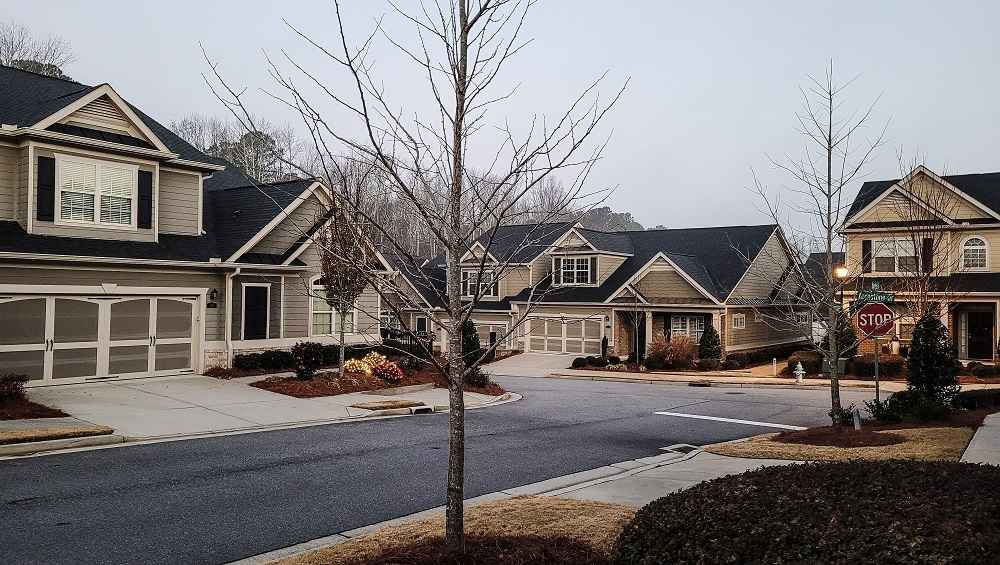Community Planning
What is Community Planning?
Community planning is the process of collaboratively shaping the future development and growth of neighborhoods, towns, cities, and regions to meet the needs and aspirations of residents, businesses, and stakeholders. It involves engaging community members, government agencies, developers, and other stakeholders in a participatory decision-making process to identify priorities, set goals, and develop strategies and policies that guide land use, transportation, housing, economic development, and environmental conservation efforts. Community planning aims to create inclusive, sustainable, and vibrant communities that enhance quality of life, promote economic prosperity, and foster social equity and environmental stewardship.
Why learn Community Planning nowadays?
Learning about community planning is essential for urban planners, policymakers, community leaders, and citizens who are passionate about creating livable, resilient, and equitable communities in an increasingly urbanized and interconnected world. In today’s rapidly changing and complex urban environments, where demographic shifts, technological advancements, and environmental challenges are reshaping the way we live, work, and play, a solid understanding of community planning is critical for addressing pressing issues such as affordable housing, transportation congestion, environmental degradation, and social inequality. Here are several reasons why learning about community planning is important:
Firstly, community planning provides a framework for addressing pressing social, economic, and environmental challenges facing communities around the world. By engaging stakeholders in a collaborative planning process, communities can identify shared goals, values, and priorities, and develop strategies and policies that address local needs and aspirations, while also promoting long-term sustainability, resilience, and prosperity.
Secondly, community planning fosters inclusive and participatory decision-making by involving diverse stakeholders in the planning process, including residents, businesses, community organizations, and government agencies. By ensuring that all voices are heard and valued, community planning helps build consensus, trust, and support for planning initiatives, leading to more equitable and effective outcomes that reflect the needs and interests of the entire community.
Careers in Community Planning
Engaging in community planning offers diverse career opportunities for individuals passionate about shaping the future of cities, towns, and regions. Here are some key areas where professionals can find fulfilling work in community planning:
1. Urban Planner: Urban planners work with communities, government agencies, and developers to develop comprehensive plans and policies that guide land use, transportation, housing, and economic development efforts. They conduct research, analyze data, and engage stakeholders to assess community needs and priorities, and develop strategies and recommendations to address pressing urban challenges.
2. Community Development Specialist: Community development specialists focus on improving the quality of life and economic well-being of communities through targeted programs and initiatives. They work with local governments, nonprofit organizations, and community groups to identify funding opportunities, develop grant proposals, and implement projects that promote affordable housing, small business development, job training, and neighborhood revitalization.
3. Environmental Planner: Environmental planners specialize in integrating environmental considerations into the planning and development process to promote sustainability and resilience. They assess the environmental impacts of development projects, conduct environmental reviews and assessments, and develop strategies and mitigation measures to minimize adverse effects on natural resources.
4. Transportation Planner: Transportation planners focus on improving mobility and accessibility within communities by developing transportation plans, policies, and infrastructure projects. They analyze transportation patterns, assess existing infrastructure, and identify transportation needs and priorities to develop strategies for improving public transit, pedestrian and bicycle infrastructure, and traffic management.
5. Housing Planner: Housing planners specialize in addressing housing affordability and accessibility issues within communities by developing housing policies, programs, and initiatives. They analyze housing market trends, assess housing needs and demand, and develop strategies to increase the supply of affordable housing, promote fair housing practices, and address homelessness and housing insecurity.
6. Community Engagement Specialist: Community engagement specialists facilitate meaningful participation and collaboration among stakeholders in the planning process. They organize public meetings, workshops, and outreach events to gather input and feedback from residents, businesses, and community organizations, and ensure that diverse voices and perspectives are represented in decision-making processes.
Challenges and Opportunities in Community Planning
While community planning offers numerous benefits for urban development, it also presents challenges and opportunities that planners and stakeholders must address to create inclusive, sustainable, and resilient communities. Here are some key challenges and opportunities in community planning:
Challenges:
1. Limited Resources: Community planning often faces constraints in terms of funding, staffing, and technical expertise, which can hinder the implementation of planning initiatives and projects.
2. Complexity and Uncertainty: Urban environments are complex and dynamic systems characterized by uncertainty, diversity, and competing interests, making community planning a challenging and iterative process.
3. Equity and Inclusion: Achieving equitable and inclusive outcomes in community planning requires addressing systemic barriers, power imbalances, and historical injustices that perpetuate disparities and marginalization.
4. Participation and Engagement: Engaging diverse stakeholders in the planning process and ensuring meaningful participation and representation can be challenging, particularly for marginalized communities and underrepresented groups.
5. Climate Change and Resilience: Climate change poses significant risks and challenges for community planning, including sea-level rise, extreme weather events, and heatwaves, requiring proactive measures to build resilience and adapt to changing environmental conditions.
Opportunities:
1. Innovative Technologies: Advances in technology, such as geographic information systems (GIS), data analytics, and visualization tools, provide new opportunities for data-driven decision-making, scenario planning, and public engagement in community planning.
2. Collaborative Partnerships: Building partnerships and collaborations with government agencies, nonprofit organizations, private sector stakeholders, and community groups can enhance the effectiveness and impact of community planning initiatives.
3. Equitable Development Strategies: Adopting equitable development strategies, such as inclusionary zoning, community land trusts, and participatory budgeting, can help address disparities and promote social inclusion and economic opportunity for all residents.
4. Green and Sustainable Infrastructure: Integrating green and sustainable infrastructure, such as parks, greenways, and stormwater management systems, into community planning can enhance environmental quality, public health, and resilience to climate change.
5. Community Resilience and Adaptation: Building community resilience and adaptation to climate change requires proactive measures, such as land use planning, hazard mitigation, and ecosystem restoration, to reduce vulnerability and enhance preparedness for future impacts.


